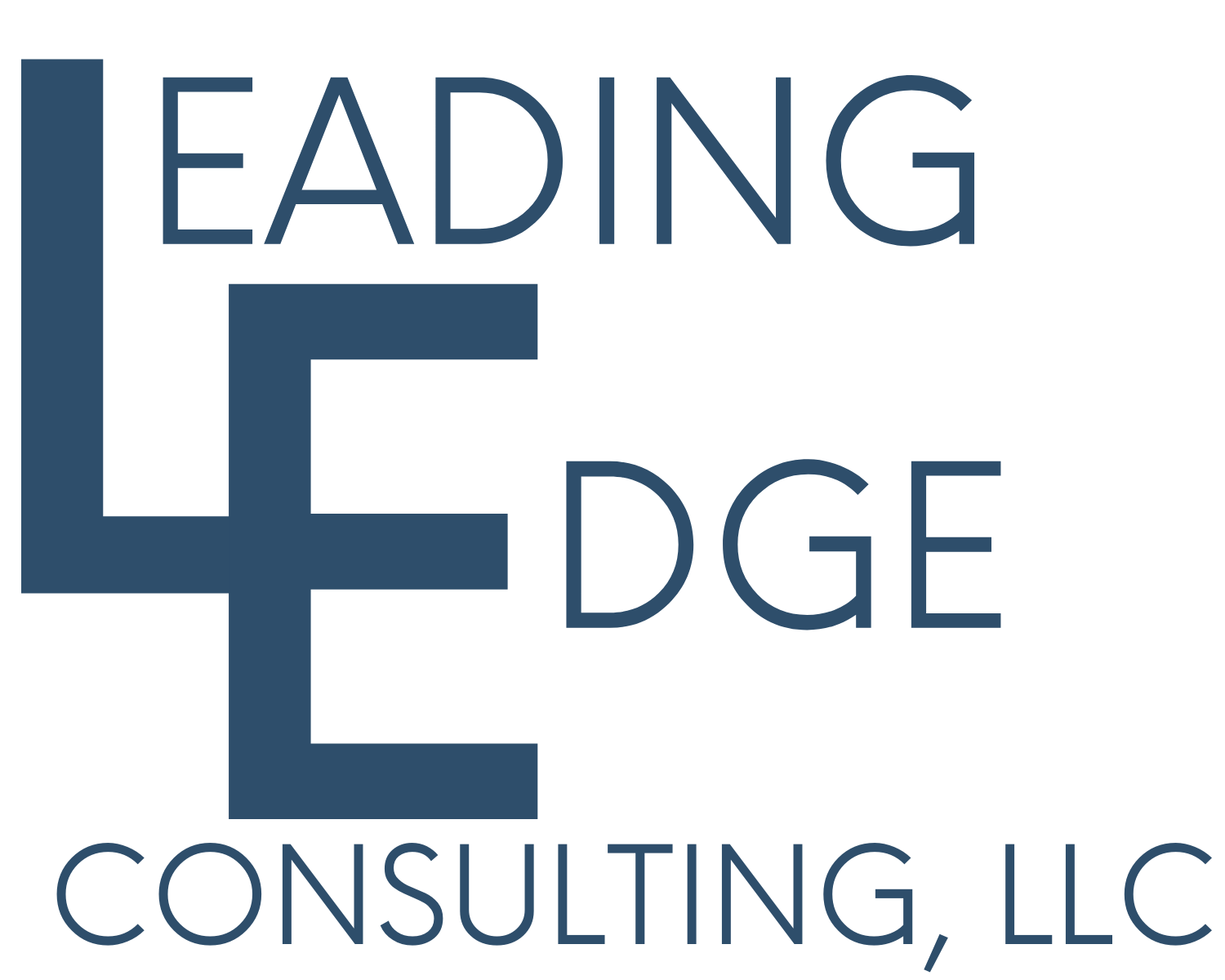When to Bring in a Consultant: Early Warning Signs Your Fleet Needs Support
Generally, maintaining regulatory compliance and prioritizing safety goals are ongoing objectives at motor carriers. With evolving federal and state regulations, litigation risks, and operational pressures, some fleets find it beneficial to engage outside expertise. Recognizing the early indicators that point to potential compliance or safety challenges can be a practical step to mitigate risk and improve operations.
Bringing in a third-party consultant does not indicate failure—it reflects a proactive, strategic mindset. For fleets seeking clarity, objectivity, and actionable insight, working with a consulting partner can support ongoing compliance and reinforce internal safety systems.
The Challenge: Operational Blind Spots and Compliance Fatigue
Fleets operate in demanding environments with limited resources. Safety and compliance managers often carry broad responsibilities that span recordkeeping, driver training, roadside inspections, and internal audits. Over time, this can lead to gaps or inefficiencies that go unnoticed until a triggering event—such as a DOT audit, accident, or rising CSA scores—draws attention.
Some common warning signs include:
1. Frequent roadside violations: Even minor issues, if repeated, can suggest systemic gaps.
2. Unclear or incomplete documentation: Logbooks, maintenance records, or driver qualification files may lack consistency or completeness.
3. High driver turnover: A revolving door of personnel can introduce variability in compliance practices.
4. Litigation or legal claims: Legal matters may uncover gaps in documentation or consistency with internal processes.
5. Internal audits identifying repeat deficiencies: If corrective actions are not fully implemented, risks may continue.
These indicators may not confirm non-compliance, but they can point to areas where expert support may offer value.
The Solution: Proactive Assessment and Strategic Support
Rather than waiting for a formal audit or enforcement action, carriers find that bringing in external support early can help identify and resolve potential issues before they escalate.
Best practices may include:
1. Conducting third-party mock audits to evaluate FMCSA compliance areas such as Hours of Service (HOS), Controlled Substances and Alcohol Testing, Driver Qualification (DQ) files, and Vehicle Maintenance.
2. Reviewing CSA data and safety scores to identify trends and implement corrective strategies.
3. Strengthening recordkeeping systems to ensure accessibility and consistency in the event of an audit or legal scrutiny.
4. Implementing safety culture programs that align leadership, dispatch, and driver behavior with compliance standards.
5. Developing documentation procedures to support post-accident or litigation scenarios.
By focusing on process improvement and training, fleets are able to reduce risk, improve safety performance, and create a more transparent operational environment.
How LEC, LLC Supports Carriers
At LEC, LLC, our team brings decades of experience supporting fleets through audits, compliance reviews, litigation preparation, and internal policy development. We work with carriers of various sizes and profiles to identify practical, actionable steps that align with FMCSA regulations and industry best practices.
Our consulting services include:
1. Mock DOT audits and risk assessments to help fleets understand their compliance standing.
2. Litigation support through case file reviews and expert testimony preparation.
3. Safety management consulting, including program development, incident analysis, and leadership coaching.
4. Policy and documentation reviews, including DQ files, ELD/HOS records, drug testing programs, and maintenance logs.
5. Training programs designed for safety managers, dispatchers, and executive leadership to align compliance goals across departments.
Each engagement is tailored to the client's specific needs, and our approach emphasizes collaboration, confidentiality, and continuous improvement.
If your fleet is experiencing any of the challenges described above—or if you are simply interested in strengthening your compliance framework—it can be beneficial to speak with a knowledgeable partner. LEC, LLC is available to support your team with methodical, experienced guidance.
To explore how LEC can support your fleet's safety and compliance goals, reach out to our team today.
